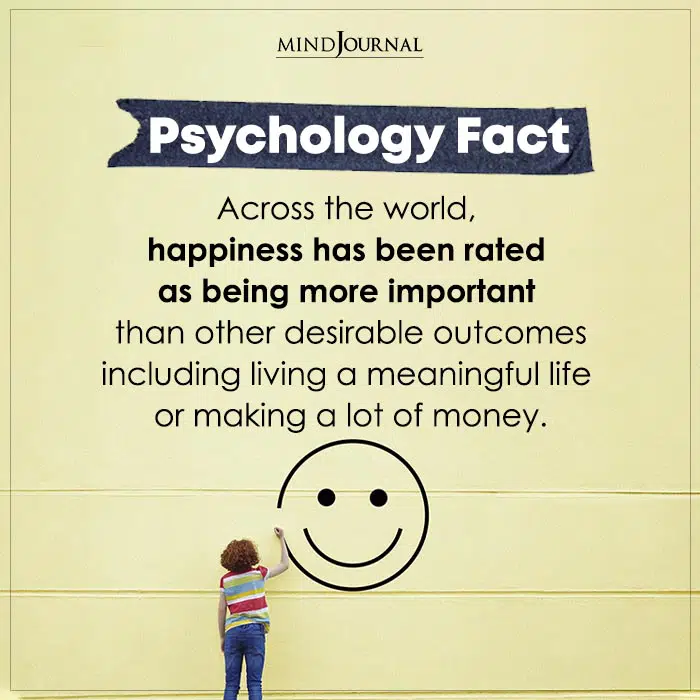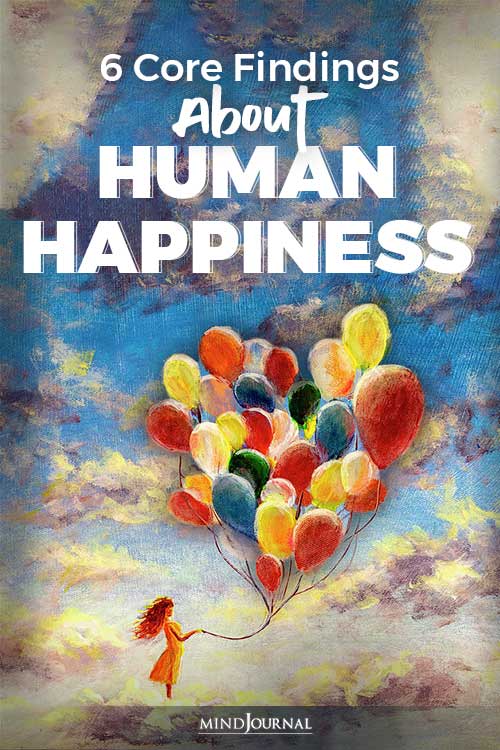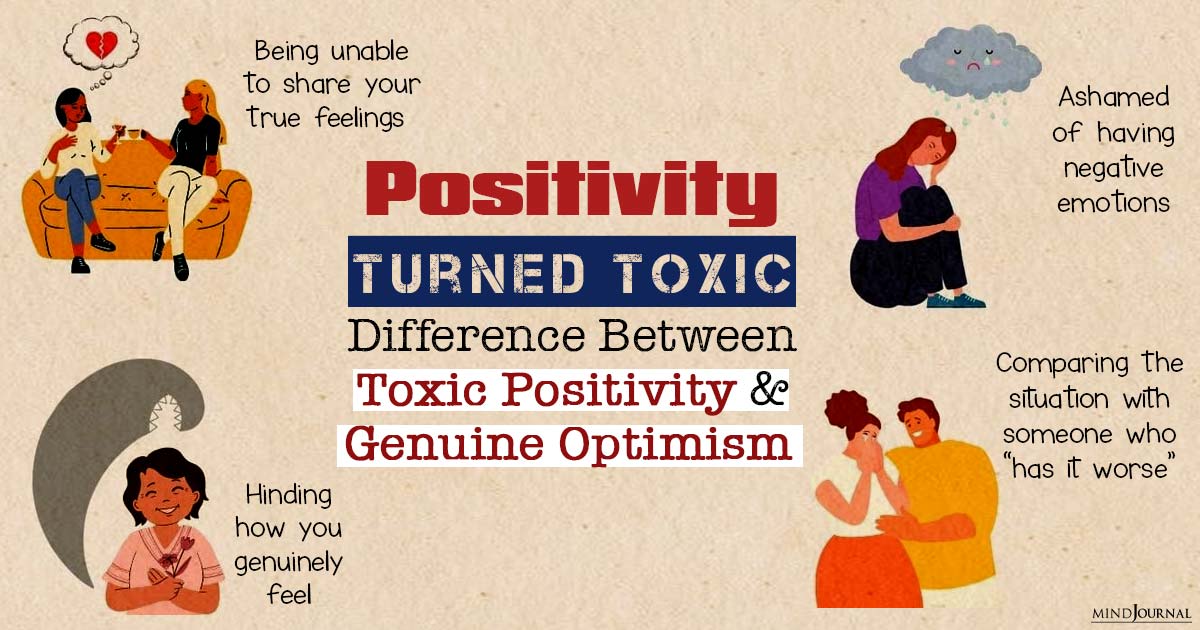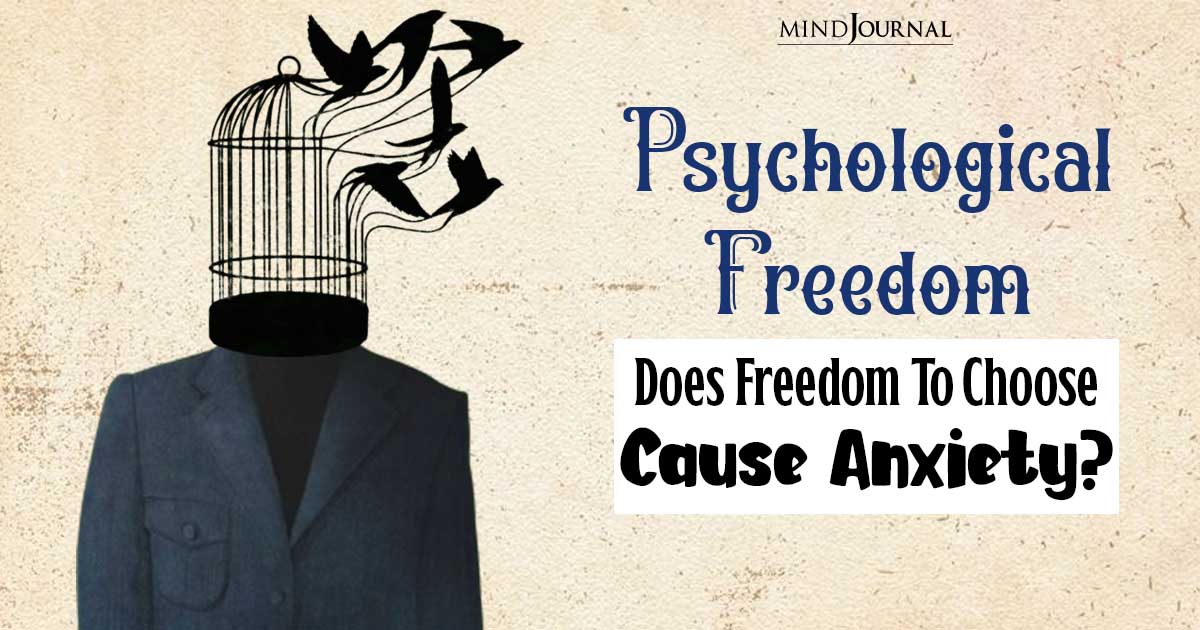We all want to be happy and keep chasing happiness. Don’t you? This blog covers some core discoveries about human happiness that may take you closer to happiness by overcoming some false beliefs about being happy (if you have any).
I’m looking at my bookcase at the number of books with happiness in the title.
- The Art of Happiness
- The Happiness Hypothesis
- The Happiness Project
- The How of Happiness
- Hardwiring Happiness
- The Happiness Track
- Delivering Happiness
- The Pursuit of Happiness
- Authentic Happiness
- The Happiness Trap
- Happiness: Unlocking the Mysteries of Psychological Wealth
Frankly, it is exhausting to even contemplate reading them again. The scientific study of happiness is not new. Search for peer-reviewed scientific articles with “happiness” in the title and you will find tens of thousands to sift through. We have learned a great deal about happiness, including how it is not just a desired state but the cause of benefits as wide-ranging as accomplishing important goals, creativity, healthy social relationships, physical health, and coping with adversity.
It’s hard to pinpoint the origin of happiness research. Originally, my plan was to discuss 1984 – the year when Dr. Ed Diener published a seminal review of 700 studies and 18 measures on how to study happiness and what we know about causes such as income, age, gender, race, employment, education, religion, marriage, family, and social participation. An article that has been cited over 18,000 times! (Click here to uncover three lessons from Ed Diener’s research.)
Also in 1984, Dr. Ruut Veenhoven published a 477-page manifesto reviewing 245 studies on whether happiness can be measured, the antecedents, and the individual differences and societal living conditions that are most relevant. Amazingly, this tome has only been cited 1,658 times.
Why did the work of these two researchers produce such dissimilar influences? What future directions did these researchers suggest? Where did Ed Diener and Ruut Veenhoven agree and disagree? How many of their ideas from 1984 remain lost or unexplored? I will get to the answers to these questions in another blog post. Before I discuss their contributions, we have to discuss a pioneer who preceded them by 15 years.
In 1969, Dr. Norman Bradburn published his monograph, The Structure of Psychological Well-Being. It was a revolutionary contribution. His conclusion alone, on page 233, foreshadows modern use of happiness research for public policy:
“The wisdom of a particular social policy depends considerably on the extent to which it is able to accomplish the goals to which it is addressed. Insofar as we have greater understanding of how people arrive at their judgments of their own happiness and how social forces are related to these judgments, we shall be in a better position to formulate and execute effective social policies.”
Unlike the future leaders of positive psychology, who claimed to be descriptive, not prescriptive, Dr. Bradburn sought to help people in society from the onset, especially those deprived of economic and social opportunities. He ensured that his study would include more than college students and those who are financially well-off.
Also read 15 Good Reasons Why We All Suck At Life
He knew that social factors are important which led him to sample from an all-white suburb in Detroit, an all-Black area in Detroit’s inner city, a working-class neighborhood in Chicago, a wealthy suburb near Washington, D.C., and finally a nationwide sampling of residents from the ten largest cities to offer a broad vantage point.
It is worthwhile to detail his discoveries for two reasons.
- First, to understand the lasting legacy of a single scientific contribution.
- Second, to consolidate his discoveries in hopes of adding to them.
Here Are Six Discoveries By Bradburn That Predated Positive Psychology By Three Decades:
1. A Lot Of People Are Very Happy.
Among a sample of men who lost their job because of a plant shutdown, 22 percent reported being “very happy” and 44 percent reported being “pretty happy.” This is not far off from residents in a wealthy Washington, D.C. suburb where 33 percent reported being “very happy” and 61 percent reported being “pretty happy.”
As for the all-Black inner-city sample, 20 percent reported being “very happy” in the first two months of 1963, and 31 percent reported being “very happy” in the last two months. Each of these groups is in the vicinity of the 33 percent of adults sampled from ten metropolitan cities who said they are “very happy.”
Thanks to these data, we know that a sizeable minority of adults are satisfied with their lives. Happiness is commonplace. Happiness levels are highly uniform across the United States. Separating real from illusory happiness is important. To clarify the psychological and social underpinnings of happiness, we had to begin with a careful examination of the landscape. Bradburn offered a starting point.
2. Race And Education Matter For Happiness.
By diving into the demographics, Bradburn found that 31 percent of men reported being “very happy” compared to 33 percent of women. Nearly identical. Of adults with an eighth-grade education, 26 percent reported being very happy compared with 37 percent of high school graduates and 39 percent of college graduates. A much smaller difference than might be expected in light of the opportunities afforded by education.
In general, demographic findings showed remarkable similarity across the samples with one exception: race. For Black adults, 18 percent were very happy, 57 percent were pretty happy, and 25 percent were unhappy – whereas for White adults, 35 percent were very happy, 56 percent were pretty happy, and 9 percent were unhappy. By examining racial differences within educational levels, Bradburn found that “for both races, unhappiness declines with higher education.”
A full 28 percent of Black adults with an eighth-grade education or less reported being unhappy whereas only 13 percent of White adults with the same education felt unhappy. Thanks to these data, we learned to test assumptions about the combination of variables that are relevant (and irrelevant) to happiness and human suffering.
Also read Thriving In The Teen Years: 5 Crucial Pieces Of Advice
3. Positive And Negative Experiences Are Independent.
Bradburn discovered that the frequency of positive experiences in life provided little to no information on negative experiences faced by the same person. For instance, feeling pleased about accomplishing something had a -.01 correlation with feeling restless and only a -.10 correlation with being depressed. Being upset because someone criticized you had a .06 correlation with the belief that things are going your way.
This is probably the most memorable contribution of Bradburn, and for what he cited for the most frequently. Thanks to these data, we learned that any attempt to treat positive and negative emotions as endpoints on a single continuum is a mistake. We must study them separately and explore the interactive influence of positive and negative experiences.
We learned that people often experience a large number of life stressors and still flourish with a wide range of positive emotions, thoughts, and events. Distress is not a proxy for functional impairment or positivity deficits. The clinical implications are profound: you do not have to wait to feel good in order to live a fulfilling life; you do not have to feel good in order to do good.

Also read Why Emotionally Extreme Experiences Are More Meaningful in Life?
4. Well-Being Shows A High Level Of Stability.
Upon interviewing people three days apart, the percentage of people who endorsed high levels of positive experiences (feeling pleased, proud, excited, on top of the world, and having things go your way) only had a slight uptick from 43 percent to 47 percent.
When interviewed about negative experiences (feeling restless, bored, depressed, lonely, or upset), those endorsing high levels also had nothing more than a slight uptick from 54 percent to 62 percent. Thanks to these data, we started to build conceptual models on stable individual differences and hedonic adaptation.

5. Socializing And Novelty-Seeking Are Strong Correlates Of Well-Being.
The strongest predictors of positive experiences were making new friends, meeting new people, traveling far distances, and getting together with friends. In contrast, none of the indicators of socializing or novelty-seeking correlated with negative experiences (correlations ranged from -.04 to .06).
Thanks to these data, we discovered that what best distinguishes very happy people from the rest of humanity is the quality of their social life. We also discovered that if you want to understand whether someone has a good day, check to see if they felt curious and learned something new.
6. Income Is Not That Important To Well-Being.
Bradburn believed that if income was a significant determinant of well-being, the two should change together over the course of time. To his surprise, income had only a small effect.
If you expected to make less money over the course of the next year, or make more money, or stay the same, the change in well-being was nearly identical. If you expected to pay off debts over a year’s time, increase your debts, or stay the same, the change in well-being was nearly identical.
He did find that “those who combine low incomes with heavy family responsibilities, are likely to have a low sense of well-being.” But outside of severe financial difficulties, income at best had only a small to moderate impact on well-being.

Thanks to these data, we began to tackle the complex relationship between money and happiness. Anticipating the difficulties that lie ahead, Bradburn confessed,
the data so far have been unable to answer the question of whether the important variable at the higher income levels is the income itself, in the sense that it enables greater discretion over the kinds of goods and services that one purchases, whether it is a certain position in society and the way in which one is treated by other people, or whether it is the symbolic effect of income that allows a person to judge his worth in society.
To build on existing knowledge, we must pay heed to prior discoveries. Often, we pay more attention to recent work as opposed to the best work. The legacy of Norman Bradford is his appreciation of happiness as an essential area of study, and that it cannot be studied outside of the environments in which people live. We must remember to study the full spectrum of humanity, not just convenient pockets of people online or who share the same socioeconomic status.
Also read How Changing Your Beliefs Will Make You Realize How Much Life Has To Offer
Let his work be a reminder to continue the difficult journey of understanding people in context, in hopes of learning how to best increase the well-being of individuals, communities, and larger societies.
Please share this article with anyone who you may think will find it valuable and helpful.
Written by: Todd B. Kashdan, Ph.D Originally appeared on: Psychology Today Republished with permission The author's latest book is The Art of Insubordination: How to Dissent and Defy Effectively.









Leave a Reply
You must be logged in to post a comment.